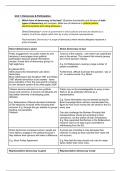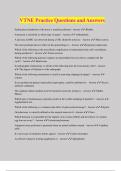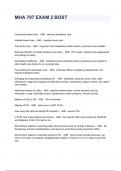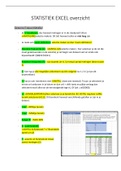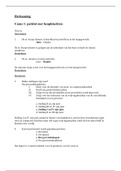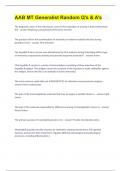Exam (elaborations)
A LEVEL POLITICS (PAPER 1) - FULL ESSAY PLANS
- Course
- Institution
This is a very helpful document with over 30 essay plans on potential questions that could come up for the Politics A-level examination. It contains evidence with each point and a counter point.
[Show more]
